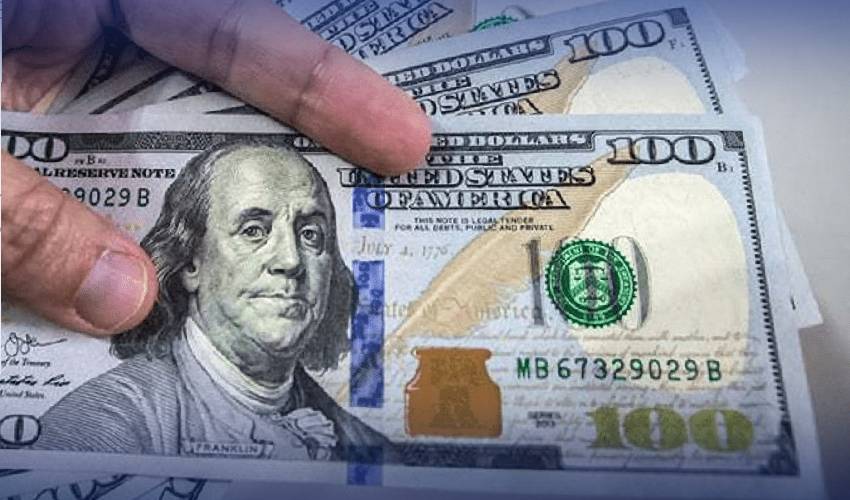A highly watched study released on Thursday revealed that 134 countries, accounting for 98% of the global economy, are currently exploring digital versions of their currencies, with more than half in advanced development, pilot, or launch stages.
According to the Atlantic Council think tank, all G20 countries except Argentina are currently in one of those long-term phases, with the United States falling further behind.
While progress is being made on a “wholesale” digital dollar for banks, one for the general public appears to have stopped, according to the report, with Federal Reserve Chairman Jerome Powell stating this month that “nothing like that is remotely close to happening.”
U.S. President Joe Biden directed officials to investigate a digital dollar in 2022.It has become a divisive political issue, with Biden’s Republican opponent in this year’s U.S. presidential election, Donald Trump, promising to prevent it.
“The biggest headline here is that the divergence between the world’s largest central banks over CBDCs (Central Bank Digital Currency) is growing,” the Atlantic Council’s Josh Lipsky said, emphasizing how far ahead China, Europe, and Japan were.
Supporters argue that digital currencies will enable additional functionality and serve as a replacement to traditional cash, which appears to be in terminal decline. However, they have sparked demonstrations in several nations about the possibility of government surveillance.







